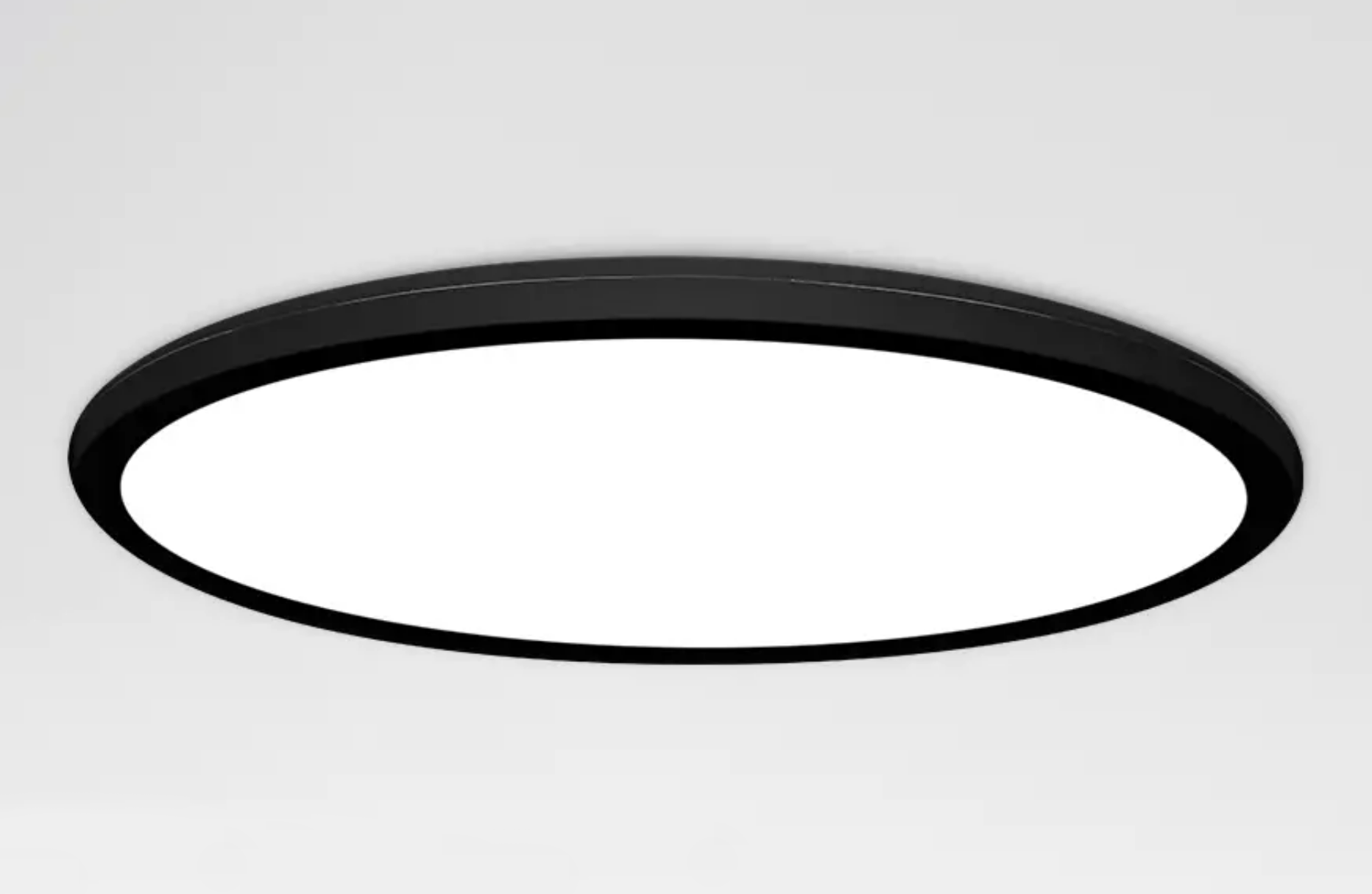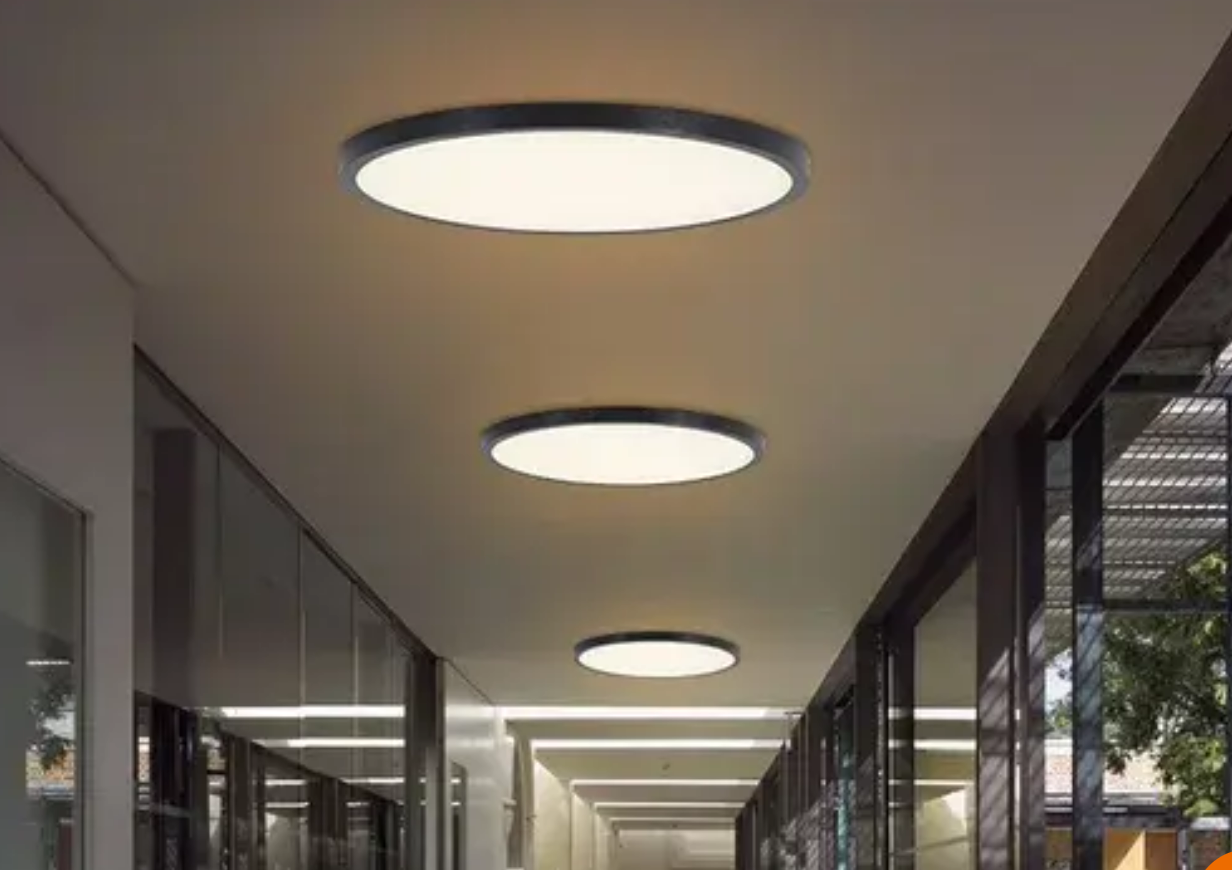In recent years, LED smart ceiling lights have become a focal point in the evolution of modern commercial environments. With their advanced features, energy efficiency, and seamless integration capabilities, these lighting solutions are transforming how businesses operate, enhance customer experiences, and optimize operational costs. As the demand for smarter, more adaptable lighting grows, understanding their impact on the supply chain, customer value, and market trends becomes essential.

Commercial Use and Versatility
LED smart ceiling lights, including smart LED flush mount, ceiling lamps, and large-scale smart ceiling fixtures, are increasingly being adopted across diverse commercial sectors such as retail, hospitality, office spaces, and industrial facilities. These lights offer customizable lighting scenarios, adjustable brightness, color temperature, and even remote control features that allow for real-time adjustments. For instance, big houses or large retail stores utilize smart ceiling lights to create inviting atmospheres or highlight products effectively, enhancing customer engagement and boosting sales.
Furthermore, their compatibility with building automation systems enables a centralized management approach, reducing manual labor and improving energy conservation. Smart ceiling lamps equipped with sensors can automatically adjust lighting based on occupancy or natural light levels, ensuring optimal illumination while conserving energy. This adaptability makes them an ideal choice for large-scale commercial projects that require scalable, flexible lighting solutions.

Supply Chain Dynamics
The surge in demand for LED smart ceiling lights has influenced the entire supply chain, from raw material suppliers to end consumers. Manufacturers now source high-quality LEDs, intelligent controllers, and connectivity modules from global suppliers, emphasizing durability and energy efficiency. The integration of IoT technology necessitates a reliable supply chain capable of delivering sophisticated components that meet safety and performance standards.
Reliable logistics and just-in-time inventory management are critical, especially as companies aim to deliver these smart lighting systems swiftly for ongoing commercial projects. Additionally, the rise of local assembly and manufacturing hubs in key regions helps mitigate lead times and reduce costs, making smart LED ceiling lights more accessible to a broader market.
Customer Value and Benefits
For clients, especially business owners and property managers, smart LED ceiling lights translate into significant value. They offer substantial energy savings—up to 80% less energy consumption compared to traditional lighting—leading to reduced operation costs. Moreover, the longevity of LED technology ensures fewer replacements, lowering maintenance expenses.
The smart features add an extra layer of convenience and customization. Businesses can schedule lighting patterns, automate operations, and adjust lighting to match specific activities or branding needs. For example, hospitality venues can change lighting to suit different ambiance themes, while offices can optimize lighting for productivity.
Furthermore, the integration with smart home and building management systems improves overall building efficiency. The ability to remotely monitor and control lighting systems adds to operational transparency and quick troubleshooting, reducing downtime and enhancing customer satisfaction.

Market Trends and Future Outlook
The global market for smart LED ceiling lights is experiencing rapid growth, driven by increasing urbanization, green initiatives, and the demand for intelligent building solutions. Emerging trends suggest that smart ceiling lights will increasingly incorporate health-oriented features, such as circadian rhythm adjustments to improve well-being. Additionally, as the Internet of Things (IoT) ecosystem expands, these lighting systems will become more integrated with security and environmental controls, creating smarter, healthier, and more energy-efficient buildings.
In conclusion, LED smart ceiling lights are not only revolutionizing the commercial lighting landscape but also reinforcing the importance of innovation in supply chains, delivering significant customer benefits, and aligning with forward-looking market trends. As technology advances and demand intensifies, these intelligent lighting systems are poised to become a cornerstone of sustainable and smart building design worldwide.


